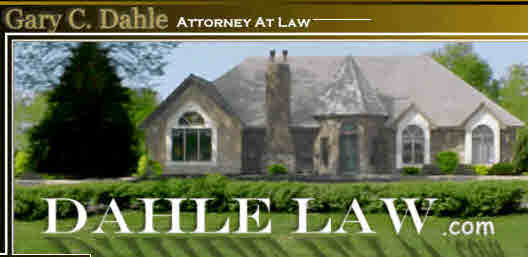“HOW THE FUR WILL FLY”
A STUDY OF AUGSBURG PROFESSOR SVEN OFTEDAL’S RESPONSE TO NORWEGIAN-AMERICAN LEADER RASMUS B. ANDERSON
By JAMES L. JOHNSON
2014
Reprinted by permission from the author.
Section Three – ANDERSON: SELF-PROMOTER
Few people, however, praised Anderson more enthusiastically than Anderson himself.
In his 679-page autobiography, the would-be literary lion devotes ten chapters to his humble background and most of the remaining ninety chapters to his encounters with the world’s rich and famous.
Anderson claims that Denmark’s King Christian IX sent a personal message to Benjamin Harrison, begging the United States President-elect to give the ambassadorship to Anderson, “stating that I was very much liked…by the court and by the people.” (30)
He devotes thirteen pages to a review of his work from Harvard scholar C.W. Butterfield with this modest qualifier, “It is so much easier to let some one (sic) else sing your praises.” (31)
But Anderson also notched dozens of enemies over his seventy-eight-year career.
When he was a senior in college, Luther College president Peter Laurentius Larson called him a “noxious weed,” just prior to expelling him during his final semester. (32)
Newspaper historian Arlow Anderson describes the editor as prominent but “mercurial.” (33)
Historian Paul Knaplund calls him an “irregularly great,” but also “irascible and self-centered…secretive, rash and tenacious, impulsive.” (34)
Publishing colleague Johannes B. Wist described Anderson as a man “in strife with churchly and worldly powers.” (35)
Liberal Unitarian missionary Kristofer Janson called Anderson “My dear, sweet, young, old boy Rasmus.” (36)
Anderson published the story of Janson’s affair with a “fanatical spiritualist,” his resignation from the ministry, his divorce from long-time wife Drude to marry the medium, Miss Benson, with whom he had the affair, he added the bonmot: “With all his faults, I love him.” (37)
Anderson did not think twice about changing loyalties.
Despite boasting of receiving “at least a half a dozen” letters from Teddy Roosevelt while the “bully president” was in the White House, Anderson broke off the relationship because Roosevelt “committed what I deem to be treason” against his long-time friend, President Taft.
Anderson wrote,
“. . . loyalty to friends is a cardinal virtue. I cannot endure a person who shows himself disloyal or ungrateful.” (38)
Of interest to students of Augsburg Seminary and the Lutheran Free Church, few of Anderson’s subjects receive as much attention as Oftedal, his rival and former friend – aside from Bull, his “bosom friend” of twelve years, and Bjørnson, his ally for fifteen years and his enemy for fifteen more.
A perusal of his Life Story reveals that Oftedal draws more ink in Anderson’s autobiography than King Oscar, Georg Brandes, Mark Twain, August Strindberg, Czar Alexander of Russia, Kaiser Wilhelm II, Czar Nicholas II, and Georg Sverdrup’s uncle Johan, the Prime Minister of Norway, combined.
The tenor of those pages begs the reader to understand why Oftedal should have given an apology.
But then, over the course of his ninety-year life, Anderson offered few apologies himself:
“I am sorry to have to record that . . . my relations with my fellow citizens of Norwegian blood and academic education for years have been considerably strained and I do not see how they can be mended. . . . It is not a matter of vanity or egotism, but simply a question of right on one side and wrong on the other.” (39)
NOTES
- Anderson, 545.
- Ibid., 261.
- Knaplund, “Rasmus B. Anderson: Pioneer and Crusader,” 23.
- Arlow W. Anderson, Rough Road to Glory: The Norwegian American Press Speaks Out on Public Affairs, 1875-1925 (Philadelphia: Balch Institute Press, 1990), 19.
- Knaplund, 23-24.
- Arlow W. Anderson, 19.
- Nina Draxten, Kristofer Janson Beginning Ministry, 146. http://www.naha.stolaf.edu/pubs/nas/volume23/vol23_6.html (accessed May 2, 2014).
- Anderson, 302-303.
- Ibid., 323.
- Ibid., 372-373.
